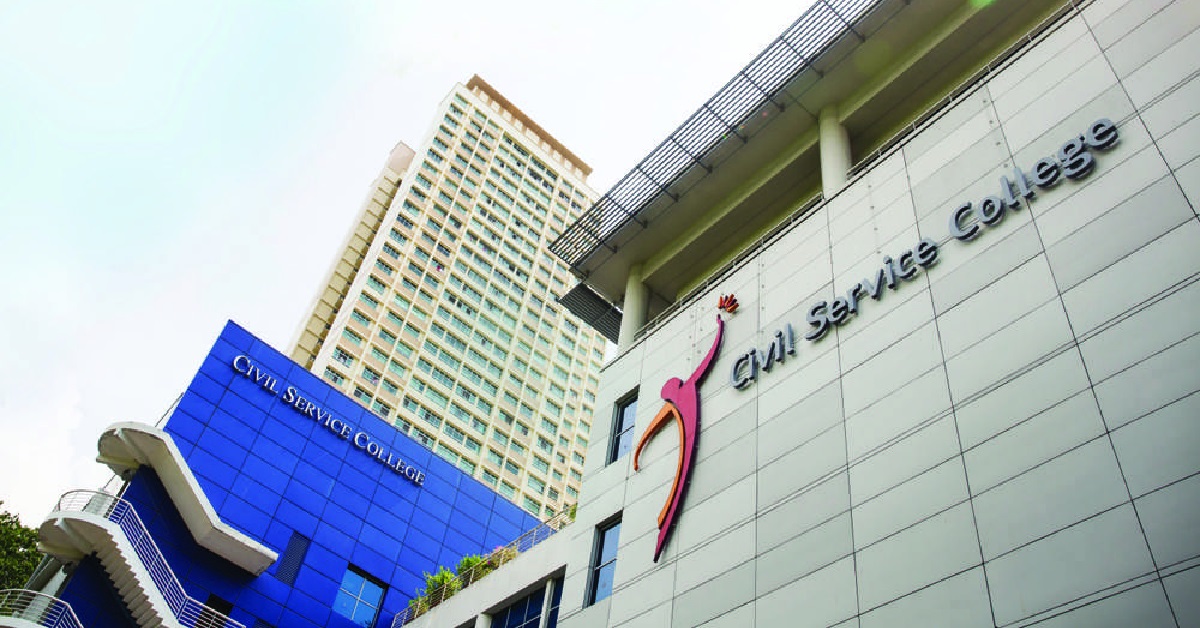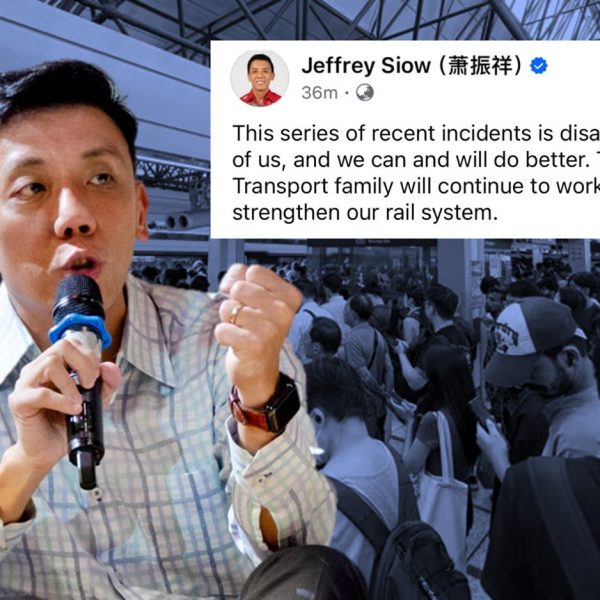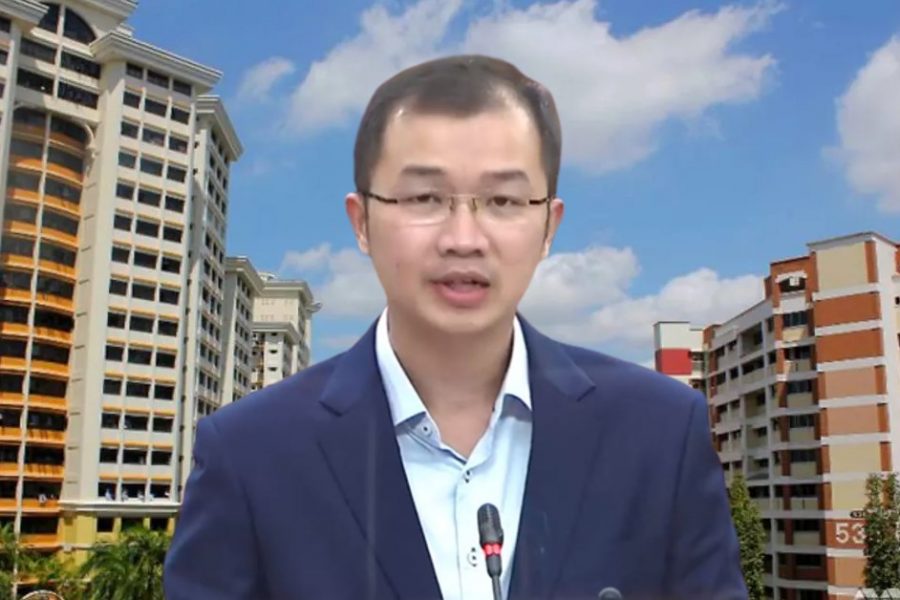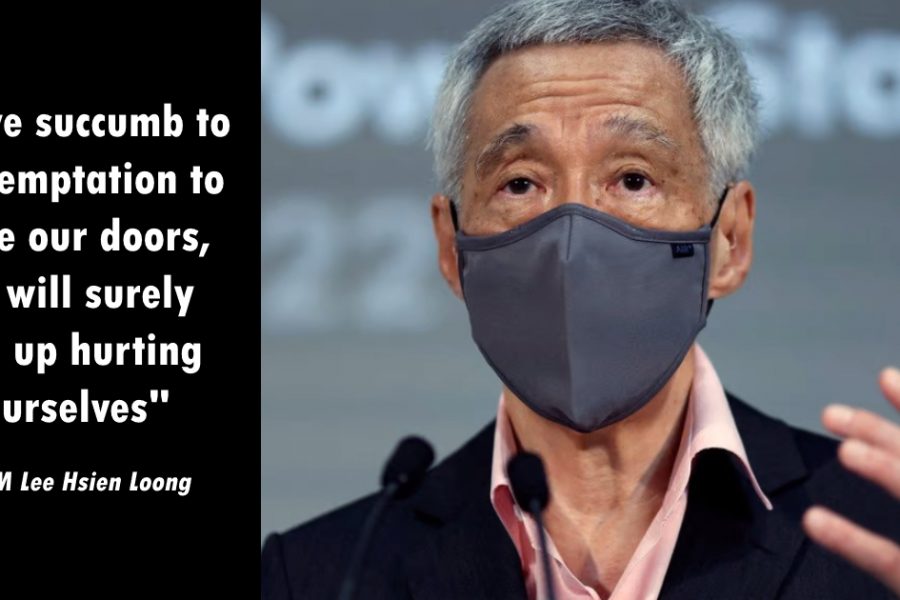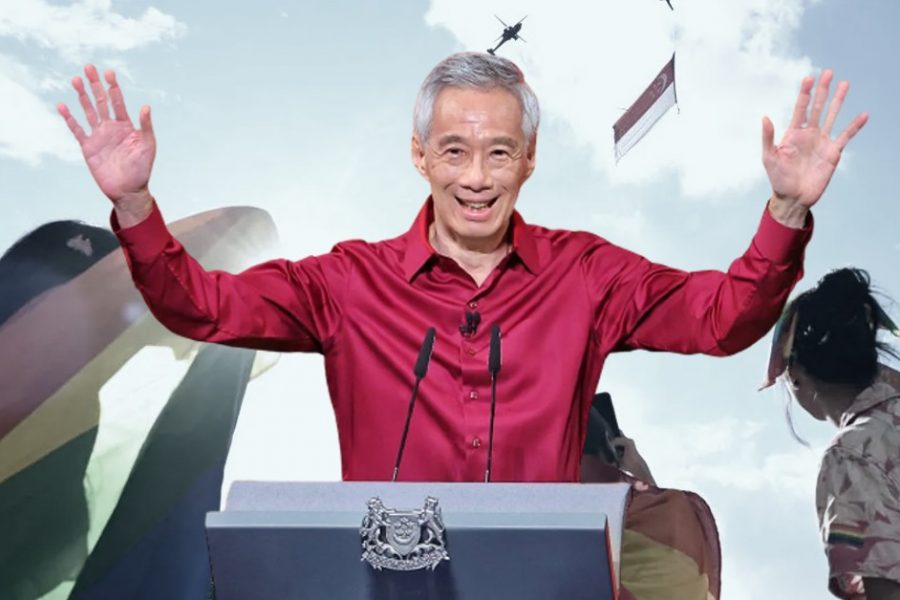When promotions are based on seniority, under-performers are protected from demotion, and loyalty is valued over competence, Singapore’s claim to being a meritocracy starts to ring hollow.
[Contributed by Ong] Singapore has long touted itself as a meritocracy — a system where individuals succeed based on ability, effort, and performance, regardless of race, language, religion, or background. It’s a narrative that forms the bedrock of many national policies and values. But how credible is this claim when even the civil service — one of Singapore’s most prominent institutions — doesn’t consistently operate on meritocratic principles?
In theory, civil servants are promoted based on performance and potential. In practice, however, advancement is often tied more to seniority and time served than to actual effectiveness.
Even when two officers perform at a similar level, the one with more years under their belt — regardless of the relevance of those years — is typically promoted first. This is particularly problematic when “experience” includes time spent in National Service (NS), even when the NS role has no relevance to one’s civil service job. This artificially inflates resumes and gives male officers a structural advantage over peers — especially women — who may be equally or more capable but lack those additional “credited” years.
On top of that, loyalty to the system is often valued more than innovation or performance.
The longer you’ve been around, the more say you tend to have — regardless of how good you actually are at your job. It’s not uncommon to find departments, especially those dealing with fast-evolving areas like tech or digital services, led by individuals in their 50s or 60s who have never worked outside the civil service. While experience brings some value, this often results in leadership that is out of touch with the pace and complexity of current realities, leaving younger and more capable officers to implement outdated ideas or inefficient strategies without room to challenge them.
What makes this worse is the absence of accountability for under-performance.
In the private sector, failure to deliver results often comes with consequences — demotion, reassignment, or even termination. In the civil service, however, the opposite seems to be true. Even when individuals lose their ability to perform or fail to keep up with the demands of their roles, they are rarely, if ever, demoted. Instead, they are often retained in newly created roles — symbolic positions with little substance — as a kind of reward for their loyalty over the years. In some cases, they are even shielded from real scrutiny because of their seniority. If promotion is based on tenure and demotion is almost unheard of, where does merit actually come into play?
This system creates a culture of stagnation, where real talent is overlooked, innovation is stifled, and under-performing leaders are protected.
Young civil servants who are better equipped to lead change find themselves sidelined, watching outdated processes and mindsets being enforced simply because of rank. And the longer this continues, the more disillusioned the truly capable become — often leaving the system altogether.
So how can Singapore continue to promote itself as a meritocracy when its own public institutions don’t reflect that ideal internally?
Until the civil service starts holding people accountable not just for how long they’ve served, but for how well they’ve served — the promise of meritocracy will remain more rhetoric than reality.
